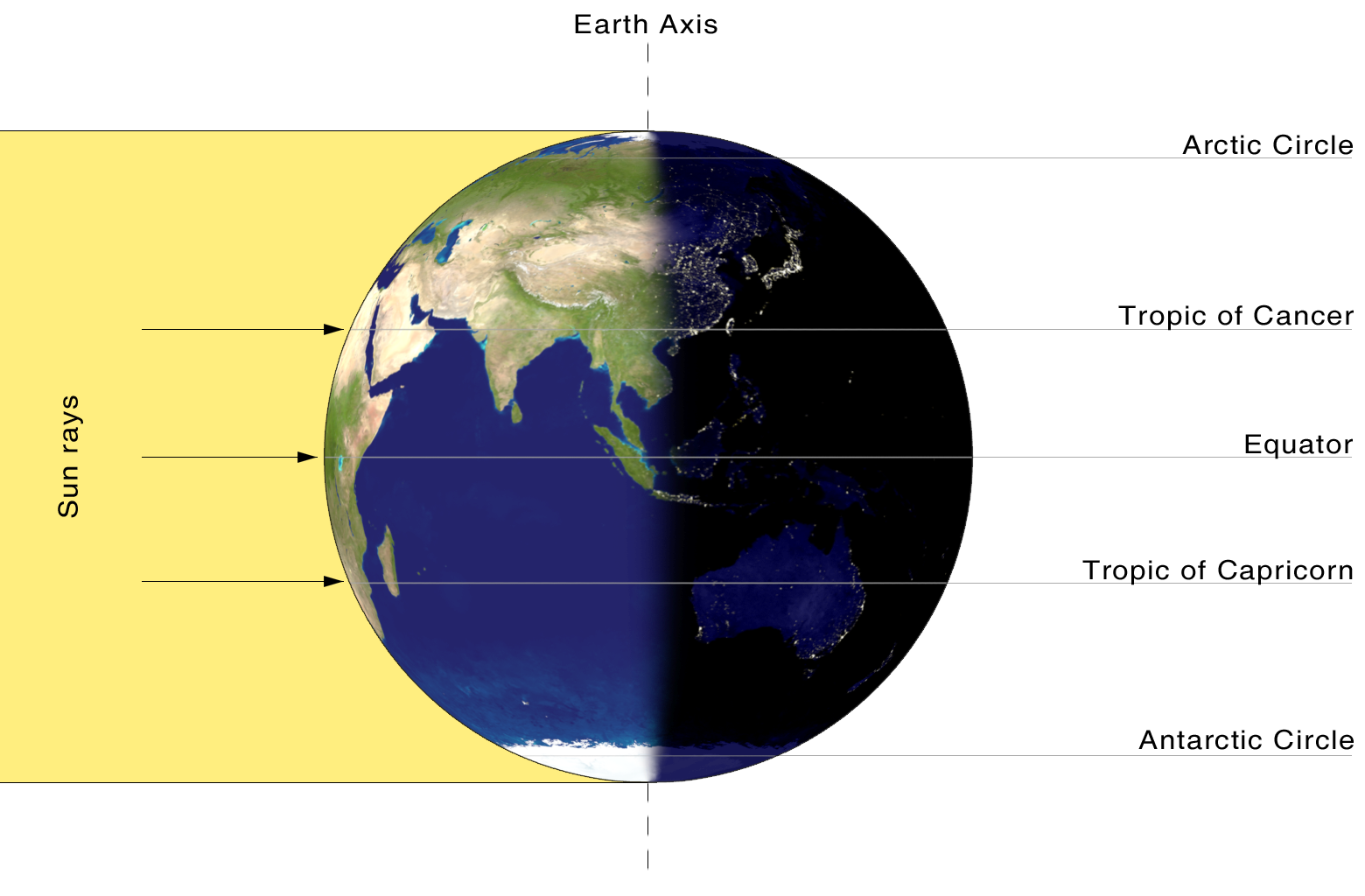View from South Cove, Battery Park City

The March equinox (vernal in the northern hemisphere, autumnal in the southern hemisphere) occurred this morning at 1:32 PM Eastern Time (UTC-04:00, since it’s now Eastern Daylight Time). Yesterday, I walked along the Esplanade of Battery Park City on the Hudson River. With a week of warm weather, and highs 20F degrees above normal for this time of year, the pace of bloom has been accelerated and compressed. I found:
- Crocus tommasinianus and other Crocus
- Eranthis hyemalis, Winter Aconite
- Galanthus nivalis, Snowdrops
- Helleborus orientalis, Lenten Rose
- Iris reticulata
- even an early Narcissus, Daffodil
While the Daffodil was surprising, the others are all early bloomers. I’m just not used to seeing them all blooming at the same time.





The Return of Persephone (1891), by Frederic Leighton (1830–1896). Leighton depicts Hermes helping Persephone to return to her mother Demeter after Zeus forced Hades to return Persephone.

I like the story of Demeter and Persephone. Winter doesn’t occur because Hades is evil/dark/etc. Persephone was not the keeper of the earth. The earth didn’t miss her, Demeter did. Demeter grieved for her loss, and neglected her gardening duties, and that’s why Winter occurs. Demeter rejoices at the return of Persephone, which restores her interest in the world, and that’s when we get Spring.
Illumination of the Earth by the Sun on the day of an equinox

Related Posts
Happy Spring , 2009
Persephone Rises, 2008
Happy Vernal Equinox, 2007
Links
Wikipedia:Equinox









